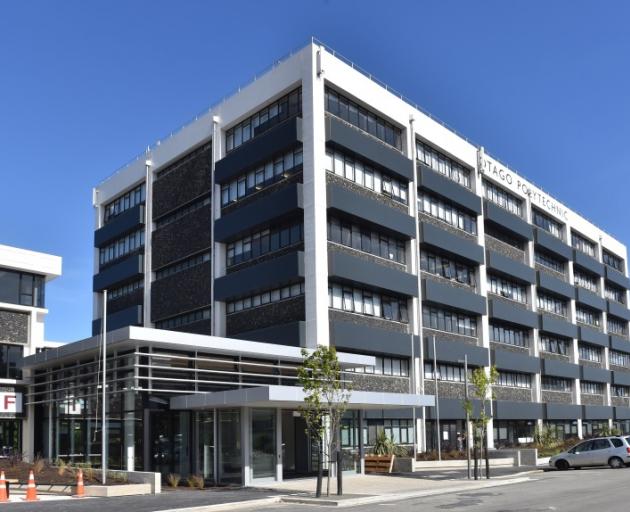
And the union for polytechnic staff is bracing itself for more job cuts in the sector.
At the end of last month, the government confirmed its plans to disestablish Te Pūkenga and allow institutes of technology and polytechnics (ITPs) to be established as autonomous entities — these may be standalone or as part of a federation.
Speaking to the Otago Daily Times on Friday, Penny Simmonds said the decision which institutions would become autonomous was delayed from the end of last year until the middle of 2025.
"The reason is that all the financial plans have been done and some of the work has been started, but they really do have to implement the plans fully.
"I have to be able to see that the plans are working and getting the institutions back to being solvent, and that was the problem, that I can’t or no-one can set up an insolvent business — until the financial work was done, many of them would have been insolvent."
However, Ms Simmonds said they were still aiming to have the new changes taking effect from January 1, 2026.
Ms Simmonds said though 16 polytechnics went into Te Pūkenga, there probably would be fewer once the mega-institute was disestablished.
The latest forecasts indicated 10 of the former polytechnics could be standalone and the remainder in a federation overseen by the Open Polytechnic.
That was how the financial situation was looking, she said.
"As long as they implement the plans, then it looks like there will be 10, about 10 that will stand alone.
"Now, there may also be within that some mergers together, because obviously at the moment there are some polytechnics that are working very closely together and have done for a number of years and so where it makes sense for there to be full mergers."
Ms Simmonds said it was hard at this stage to talk about specific institutions, but when questioned about SIT and Otago Polytechnic she said:
"Look, SIT is looking good, but they have work to do. Otago as well, is looking good.

Ms Simmonds said while the announcement was delayed, all of those affected by the changes would be kept informed and supported through this process.
"It’s been really tough on staff.
"They’ve been through many years now, really, since 2017, a lot of uncertainty and, of course, the financial work wasn’t done when it should have been done when Te Pūkenga was set up, so that sort of left them in limbo for a while."
"Now we’re really making the financial changes quite quickly now and so the reason for that is that I don’t want this lingering on any longer for staff particularly," Ms Simmonds said.
"It’s tough on staff and I acknowledge that."
SIT operation lead Daryl Haggerty said the institute was aware it would take longer before it got confirmation as to its status.
"While we would like to know earlier, I realise there is a process to be worked through."
In the past year, there has been significant upheaval for staff across the polytechnic network — more than a dozen courses have been cut at Otago Polytechnic.
Tertiary Education Union national secretary Sandra Grey said there was still massive uncertainty in the sector, which had led to a high staff turnover rate.
She worried what might be required for polytechnics to stand alone, given the sector remained under-funded.
"Good people are leaving and not coming back because it is so disruptive.
"Every one of New Zealand’s polytechnics are going to have to cut courses and cut staff."
Ms Grey said Otago Polytechnic and SIT had good student numbers, but they would still face job cuts.
"They’ll still see courses cut; there is no doubt."
She was concerned there was no national plan for how to ensure everybody received the courses they needed.
"The fact is that we still don’t actually have a plan, so the minister hasn’t given us any clear indication of what the future looks like.
"It means we’ve got very nervous staff."
A "national conversation" was needed, Ms Grey said.
"I think the thing that we would like to really, really see is actually a conversation about the polytechnic network, not based on what funding is available, but what communities need.
"For example, we need more nurses right now, so how do we make that happen?"












